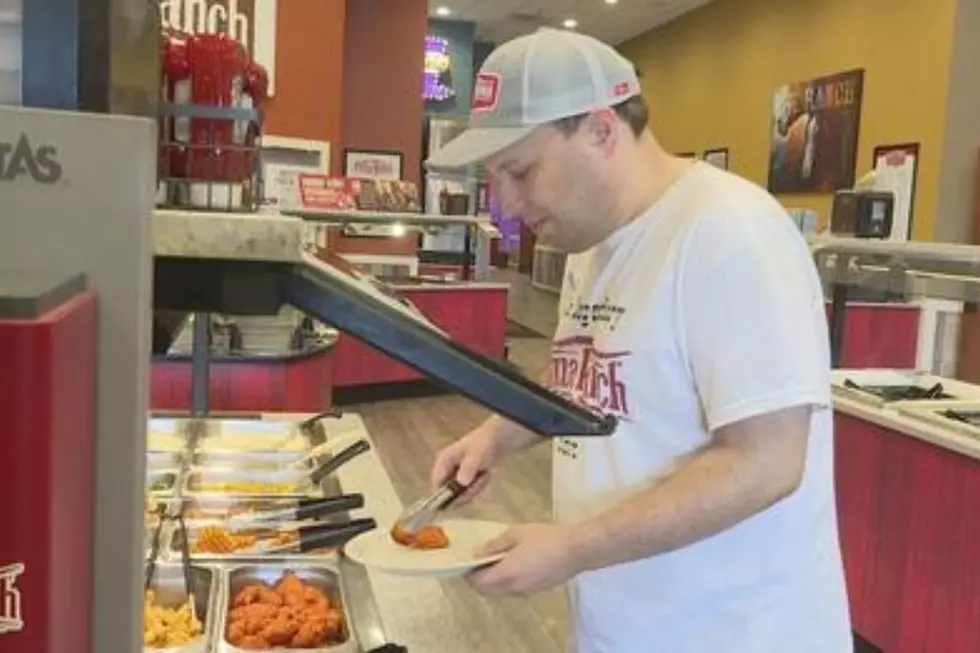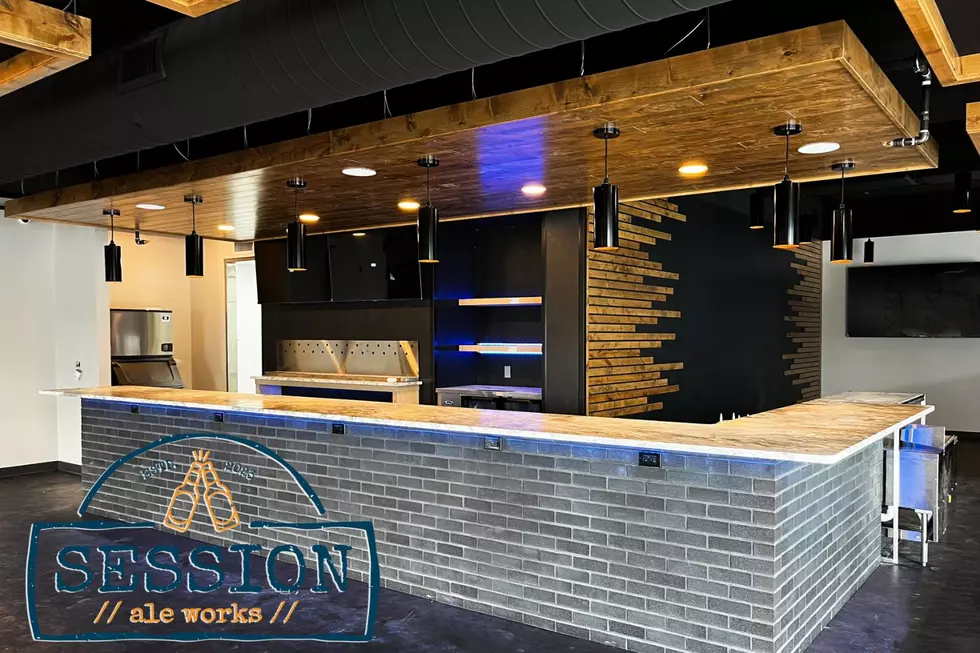
It’s Petition Drive Season in South Dakota
I have picked up petitions to refer two laws passed this South Dakota legislative session. Overturning the creation of the sub-minimum wage (SB 177) for teens is one.
The second petition seeks to overthrow Senate Bill 69, which makes it nearly impossible for other voices to be heard in the election process.
I have written other posts about the things I find wrong with these laws:
I will be carrying both petitions wherever I go, except church. If you want to join other fair minded South Dakotans by rejecting the tyranny of the majority, let me know.
If the rumor mill is accurate there will be other petition drives this summer.
The very conservative Steve Hickey and the extremely liberal Steve Hildebrand(t) have agreed to begin circulating petitions to reign in exorbitant interest rates charged by payday loan and car title loan companies. Attempts to change those laws in the Republican dominated legislature failed, so the “Steves” will be seeking your signatures.
Rick Weiland and his people are discussing a couple of petition drives. One is to change the laws regarding the creation of legislative districts. Currently, the legislature does that work on their own, while many other states set up broad based citizen committees, or delegate the drawing of boundaries to research staff for approval by the elected officials. Either method lessens the possibility of gerrymandering districts to favor one party over the other.
Also there is a possibility of demanding more transparency regarding wealth, financial interests, and sources of campaign funds by initiating laws to cover those topics. Typically, incumbents are not eager to be open about such subjects.
We expect action on issues of fairness and transparency. We also expect our state wide votes on measures to be honored, unlike the subversive change made for teens wanting and in many cases needing to work for college, or to help the family survive.
I believe this petition activity is good for us. Discussing important political issues and policies keeps the public engaged in the process. It sends a strong message to elected officials that we, the people, are not going to accept business as usual.
More From KXRB









